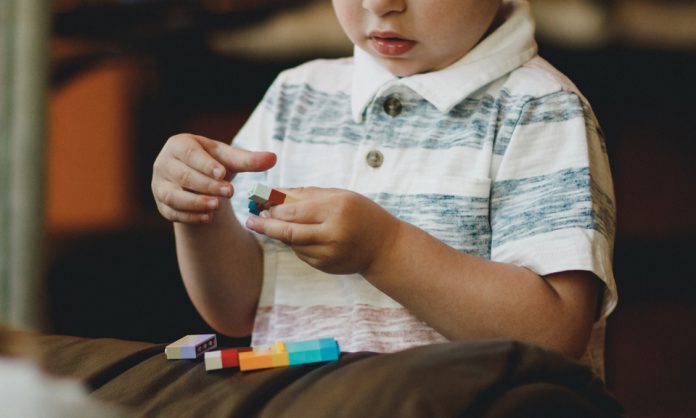By: Venchi Balendez
As parents, we get too excited about each milestone our child achieves each time. We even see to it that we are able to catch and document each moment and share the joy with our friends and relatives. So when people question us why our baby hasn’t reached a certain milestone, we commonly get worried or even get paranoid. We may even get upset when we’ve learned that other kids can already do it while ours still can’t.
When your child doesn’t achieve a certain milestone, it doesn’t necessarily mean that your child already has a developmental delay. Each child has a different pace of growth and development. Some are faster to develop, but some may be a little late. However, it is important to detect if your child really has a developmental delay early on and intervene. What follows are important facts about Global Developmental Delay (GDD) and red flags that parents should be aware of.
What is Global Developmental Delay?
Global Developmental Delay (GDD) is a condition wherein a child has a lower intellectual functioning or it takes them longer to reach certain developmental milestones compared to other children their age. It occurs during the developmental period between birth up to 18 years. Usually, GDD is accompanied by significant limitations in communication. A child can be diagnosed to have GDD if there is a significant limitation in at least two developmental domains whether it is a gross motor, vision and fine motor, communication, and social skills. This may include delays in learning to walk or talk, movement skills, learning new things, and interacting with others both socially and emotionally.
What are the causes of Global Developmental Delay?
Most of us parents with children who have GDD would ask why and how did this happen to our baby.
GDD is commonly caused by chromosomal or genetic abnormalities or both, or it can also be caused by structural or developmental abnormalities of the brain or spinal cord. Examples of such conditions are Down’s Syndrome, Fragile X Syndrome, Cerebral Palsy, and Spina Bifida. Prematurity, birth trauma, intracranial hemorrhage, congenital hypothyroidism, and infections such as Congenital Rubella and Meningitis are the other causes that can cause GDD. There are also environmental causes that can lead to GDD, such as poor nutrition, family stress, and child abuse or neglect.
What are the symptoms of Global Developmental Delay?
Soon after birth, GDD is suspected in some children because of feeding difficulties or muscle-tone. But in others, signs of developmental delay are suspected later at school when they encounter learning or behavioral difficulties.
As parents, it is important to monitor the development of our baby. The following are the most common signs of GDD and the RED FLAGS that we should be aware of.
● Can your child sit on the floor without support at 8 months?
● Is your child unable to crawl at 12 months?
● Is your child unable to walk at 17 months?
● Does your child have poor social skills/judgment?
● Does your child have limited reasoning or conceptual abilities?
● Is your child unable to roll over at 6 months?
● Does your child have communication problems?
● Does your child have fine/gross motor difficulties?
● Does your child show an aggressive behavior as a coping skill?
If you have answered YES to the above questions, your child may have GDD, and it is recommended to seek professional advice for further assessment of your child’s condition.
What is the treatment for Global Developmental Delay?
Finding out that your child has GDD can be somewhat frustrating, so the next question parents want to know is, is there any treatment for this condition?
Unfortunately, there is no single treatment for GDD, but there are a number of diagnostic tests that can be done to identify the underlying cause of GDD. Once a pediatrician or neurologist has completely assessed your child, treatments for the underlying cause or medical conditions can be done to cure the developmental delay, or at least prevent it from worsening. For example, your child will be referred to a Speech and Language Therapist, Occupational Therapist and Physiotherapist depending on his or her condition. But there are also cases that the cause cannot be identified, or the cause is difficult, or if not, impossible to treat.
However, awareness of your child’s present condition can help you as parents, your child’s teachers, and medical professionals to better counsel and guide your child who is experiencing developmental problems.
References:
https://www.specialeducationalneeds.co.uk/global-developmental-delay.html
http://www.learnalberta.ca/content/inmdict/html/global_developmental_delay.html





